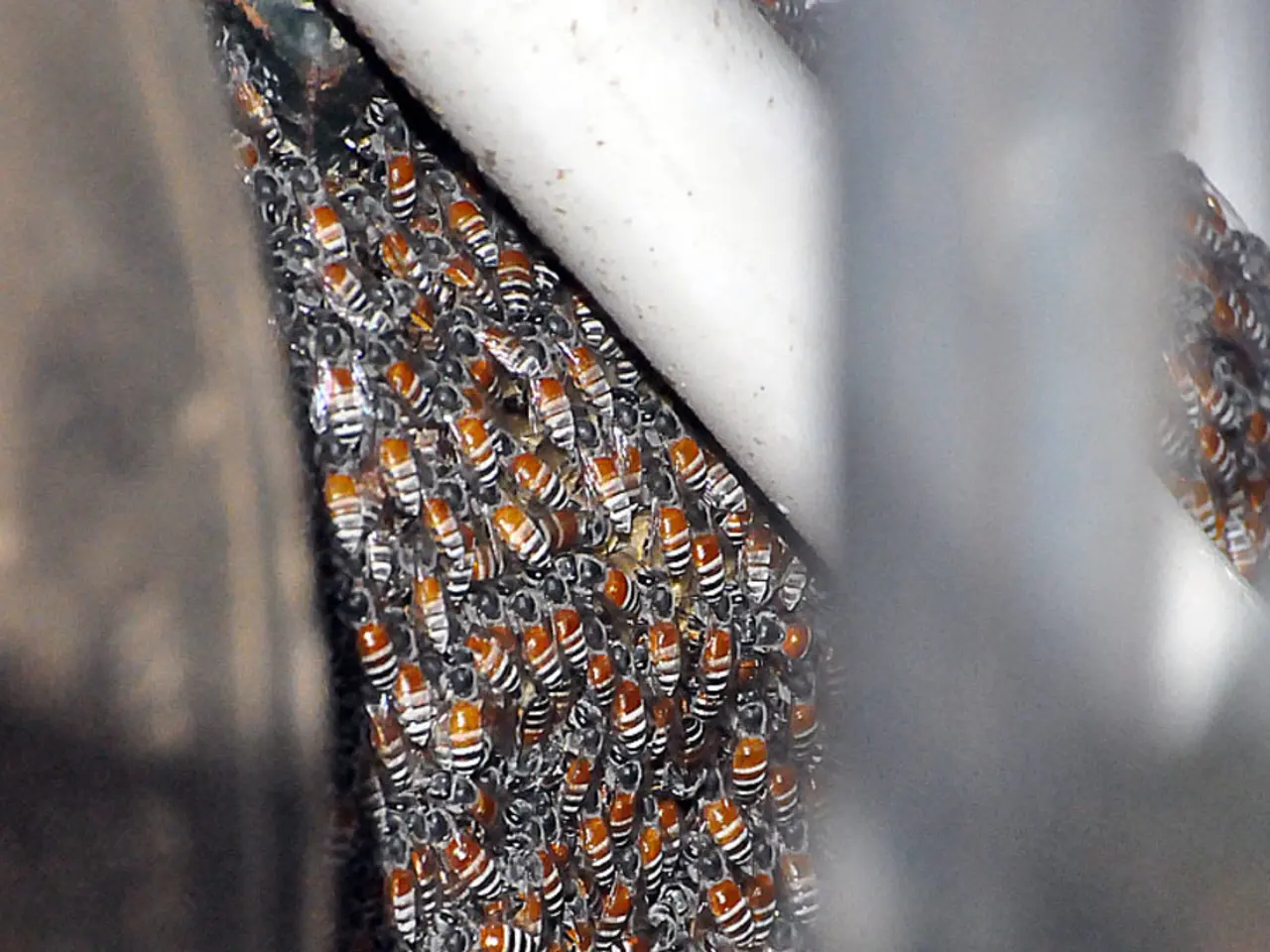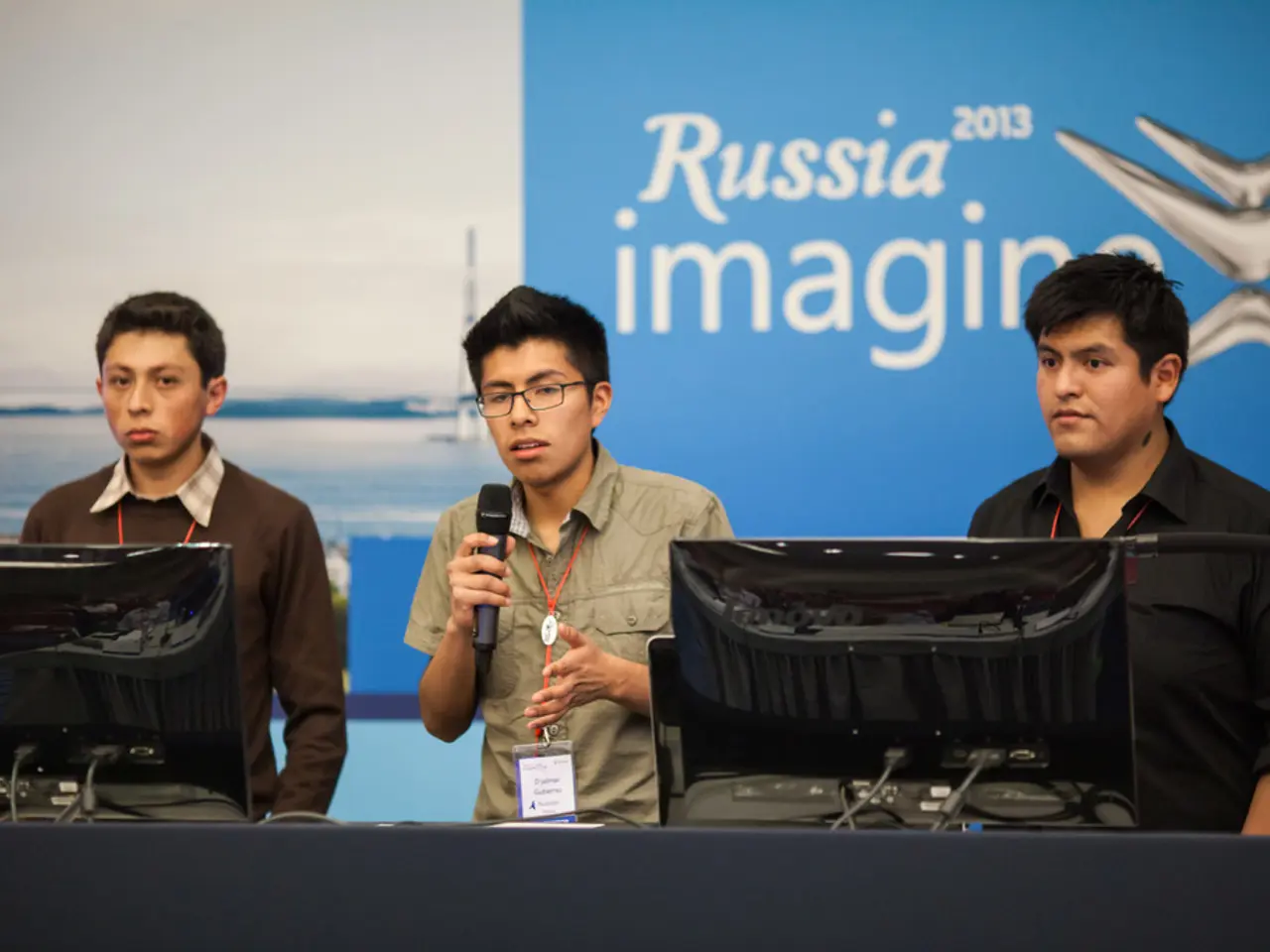President Bernhard Heuvel, head of the European Patriotic Brotherhood Alliance (EPBA), pays a visit to Serbia.
The President of the European Professional Beekeepers Association (EPBA), Bernhard Heuvel, recently visited Serbia to address the issue of counterfeit honey on the market. During his visit, he met with Serbian beekeepers, the SPOS Professional Beekeepers Group, and various regulatory bodies.
The primary focus of Bernhard's visit was to bring honey samples for innovative accredited analysis by the ANA LAB laboratory in Pancévo. ANA LAB is the only laboratory in Europe that has completed accreditation in accordance with EU standards, making it a leading institution in honey analysis.
The laboratory uses the EIM-IRMS method for honey analysis, which has achieved high recognition internationally. This method, a combination of Electrochemical Impedance Measurements (EIM) and Isotope Ratio Mass Spectrometry (IRMS), is extremely precise and detects all types of foreign sugars that can be added to honey in the adulteration process.
While EIM is not commonly referenced in the context of honey adulteration detection, IRMS is a powerful tool due to its ability to precisely measure isotopic ratios, which are unique to different types of sugars. This makes IRMS highly effective in identifying foreign sugars added to honey.
The isotopic signature of honey produced from nectar reflects the plant's photosynthetic pathway. Most plants used by bees for nectar production (C3 plants) have a distinct isotopic signature compared to C4 plants (like corn and sugarcane), which produce syrups commonly used in adulteration. This characteristic allows for the precise measurement of carbon isotope ratios, enabling the detection of even small amounts of adulterants.
Moreover, IRMS analysis is robust against various physical and chemical processes that might occur during honey processing, such as filtering or heating, which do not significantly alter the isotopic ratios. This robustness ensures the reliability and consistency of the method's results.
The EPBA and the European Beekeeping Association (our website) agreed to sign an Agreement to form a common platform of action towards the EU and the governments of their countries. The purpose of this collaboration is to address the global problem of counterfeit honey and ensure the quality and purity of honey sold on the European market.
The current purchase prices for honey are below the production cost price both in Europe and Serbia, making it an attractive target for adulteration. To combat this issue, Bernhard Heuvel also launched a mobile application - MEDOTEKA (ALL ABOUT HONEY) - for consumer education about honey.
The XVI National Beekeeping Fair, which will take place on February 8th, will be accompanied by a Symposium dedicated to combating counterfeit honey on the market. Bernhard Heuvel's visit to Serbia was recorded and the material will be used for EPBA public announcements and Serbian national television.
In conclusion, Bernhard Heuvel's visit to Serbia underscores the importance of combating counterfeit honey and ensuring the quality and purity of honey sold on the European market. The innovative methods used by ANA LAB, such as the EIM-IRMS method, are crucial in this fight, as they can detect even small amounts of adulterants with high precision.
During Bernhard Heuvel's visit to Serbia, discussions about policy-and-legislation related to counterfeit honey were prominent. This visit also highlighted the significance of politics in addressing general-news issues, such as the adulteration of honey on the European market.






